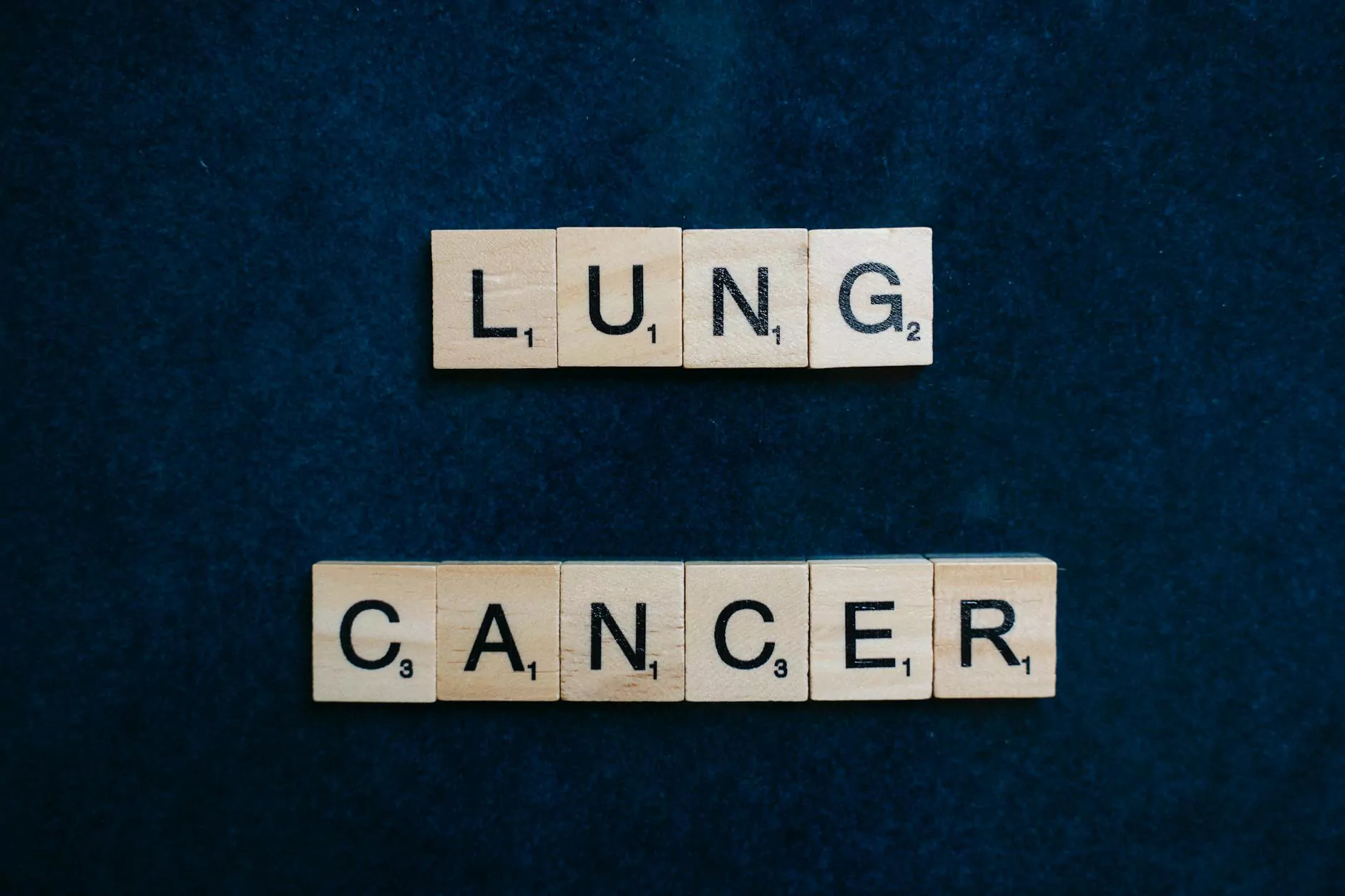Gallbladder Awareness Month
Health
Welcome to Gallbladder Awareness Month, brought to you by Kelley Tim PA-C in the field of Health. This webpage aims to provide comprehensive information on the importance of maintaining a healthy gallbladder, as well as share insights on various gallbladder-related conditions, symptoms, risk factors, treatments, and preventive measures.
The Importance of Gallbladder Awareness Month
Gallbladder Awareness Month is an annual observance that aims to raise awareness about the vital role of the gallbladder in digestion and overall health. This month serves as an opportunity to educate individuals about gallbladder-related conditions, including gallstones, gallbladder inflammation (cholecystitis), gallbladder polyps, and gallbladder cancer.
Awareness is crucial in understanding the potential risks, symptoms, and preventive measures associated with gallbladder-related issues. By spreading awareness during this dedicated month, we can promote early detection, timely treatment, and a healthy lifestyle to prevent complications related to gallbladder conditions.
Gallbladder Conditions and Symptoms
It is essential to be aware of the various conditions that can affect the gallbladder and recognize their symptoms. Some common gallbladder-related conditions include:
1. Gallstones
Gallstones are hardened deposits that form in the gallbladder. They can cause severe pain, inflammation, and potential blockage of the bile ducts, leading to complications.
2. Cholecystitis (Gallbladder Inflammation)
Gallbladder inflammation can be acute (sudden) or chronic (recurring). Symptoms may include abdominal pain, fever, nausea, and vomiting.
3. Gallbladder Polyps
Gallbladder polyps are abnormal growths that can develop on the inner lining of the gallbladder. While most are harmless, some polyps may increase the risk of gallbladder cancer.
4. Gallbladder Cancer
Gallbladder cancer is a rare but serious form of cancer that begins in the gallbladder. Early stages often present no symptoms, making early detection challenging.
If you experience persistent abdominal pain, jaundice (yellowing of the skin and eyes), unexplained weight loss, or any other concerning symptoms, it is vital to consult a medical professional for an accurate diagnosis.
Risk Factors and Prevention
Understanding the risk factors associated with gallbladder conditions can help individuals take proactive steps in preventing or managing these issues. Some common risk factors include:
- Obesity: Excess weight increases the risk of gallstones and other gallbladder problems.
- Diet: A diet high in cholesterol and fat can contribute to gallstone formation.
- Age and Gender: Women over the age of 40 are more prone to gallbladder issues, including the formation of gallstones.
- Family History: A family history of gallbladder problems can increase the likelihood of developing similar issues.
To maintain a healthy gallbladder and lower the risk of gallbladder-related conditions, it is recommended to:
- Eat a balanced diet rich in fruits, vegetables, whole grains, and lean proteins.
- Avoid or limit the consumption of high-fat and cholesterol-rich foods.
- Maintain a healthy weight through regular exercise and portion control.
- Stay well-hydrated by drinking an adequate amount of water daily.
- Avoid smoking and excessive alcohol consumption.
- Discuss hormone therapy risks with your healthcare provider, as it may increase the risk of gallstones.
Treatments and Management
The appropriate treatment for gallbladder conditions depends on the specific diagnosis and severity of the condition. Treatment options may include:
- Medications: Certain medications can help dissolve gallstones, manage inflammation, or alleviate symptoms.
- Surgery: In cases where gallstones or other complications cause significant symptoms, surgical removal of the gallbladder (cholecystectomy) may be necessary.
- Interventional Techniques: In some situations, minimally invasive procedures may be performed to treat specific gallbladder conditions without full surgical removal.
- Ongoing Monitoring: Regular check-ups and monitoring may be recommended for individuals with a history of gallbladder-related conditions.
Professional medical advice and consultation are essential to determine the most suitable treatment plan based on individual circumstances.
Conclusion
Gallbladder Awareness Month serves as a reminder to prioritize gallbladder health, understand the risks associated with gallbladder-related conditions, and take necessary preventive measures. By spreading awareness and empowering individuals with knowledge, we can work together to ensure a healthy gallbladder and overall well-being.
For more information or personalized guidance regarding gallbladder health, please reach out to Kelley Tim PA-C, a trusted professional in the field of Health.









